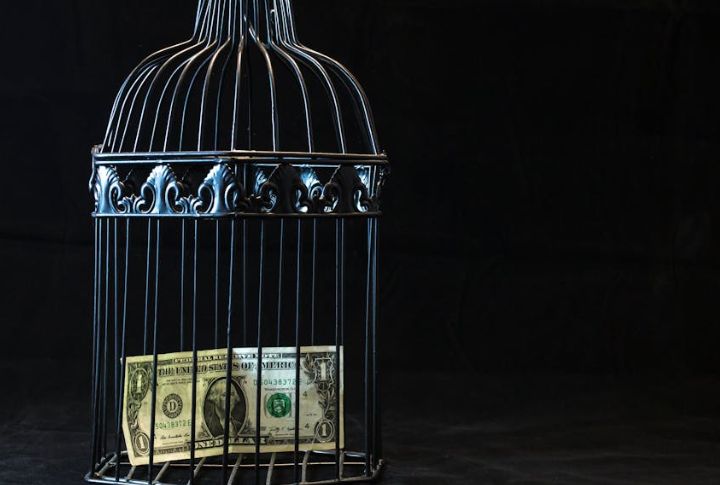
Early career departures usually come with hidden costs and unexpected challenges that many professionals wish they’d known about beforehand. These ten common regrets shed light on the less-discussed aspects of early retirement by helping you plan a smoother transition. Read on to avoid the potential missteps.
Running Out Of Savings Too Soon

The biggest regret among early retirees? Depleting retirement accounts when savings ran short. $10,000 could turn into $7,000 after penalties and sacrifice decades of compound growth. That money could have tripled over twenty years. It’s the financial mistake that haunts their golden years most painfully.
Missing The Paycheck Routine

Life without regular paychecks requires significant adjustment. The predictable rhythm of bi-weekly deposits vanishes, forcing early retirees to develop new money management strategies. Some people maintain artificial payday schedules to cope with the change, whereas others struggle with financial planning uncertainty.
Losing Employer Health Coverage

Early retirees also regret underestimating healthcare costs after losing employer coverage. The insurance they take for granted becomes shockingly expensive. Private premiums devour savings faster than expected, creating financial stress that overshadows retirement dreams. Many wish they’d researched health coverage costs before making the leap into early retirement.
Feeling Socially Isolated

A significant challenge of early retirement comes from losing daily workplace connections. Those quick chats by the water cooler and shared lunch breaks build meaningful social bonds. Though some people join clubs or volunteer programs to stay connected, nothing quite matches the natural companionship found in office environments.
Regretting Unused Career Potential

Many early retirees feel deep regret about unrealized career goals and missed opportunities for advancement. The corner office, prestigious promotions, and professional milestones remain tantalizingly out of reach. They find themselves taking up consulting work or part-time roles to reengage with their former passions and untapped potential.
Losing Daily Structure

Here’s something early retirees don’t expect: missing their work routine desperately. Those deadlines and meetings you hated actually provided daily structure and meaning. Without them, retirement can feel like an endless weekend that loses its appeal quickly. And a lot of people struggle to develop new routines that feel equally purposeful and engaging.
Feeling A Loss Of Identity

Your career frequently becomes more than just a job. It shapes who you are. Early retirees frequently struggle with this identity transition, feeling lost beyond their professional roles. Some people work through it by designing new business cards with titles like ‘World Traveler’ or embracing volunteer positions, which give them purpose.
Missing Workplace Benefits Beyond Pay

Beyond the regular paycheck, early retirees usually overlook valuable workplace perks. From matching retirement contributions to wellness programs, these benefits add significant value. Free gym memberships, office snacks, and annual company celebrations provide a complete compensation package that many miss only after departing their careers.
Facing Regret Over Lost Networking

Professional networks take years to build but can quickly dissolve after early retirement. Many former colleagues drift away despite promises to stay in touch. While some retirees form professional groups to maintain connections, it’s rarely the same as daily workplace interactions that naturally foster relationships.
Underestimating Family Dynamics

Early retirees also face an unexpected problem: family relationships become complicated fast. Spouses clash from too much togetherness, and relatives assume you’re their free helper. The regret? Not setting boundaries beforehand. Numerous return to work just to escape the family drama they never saw coming during retirement planning.

